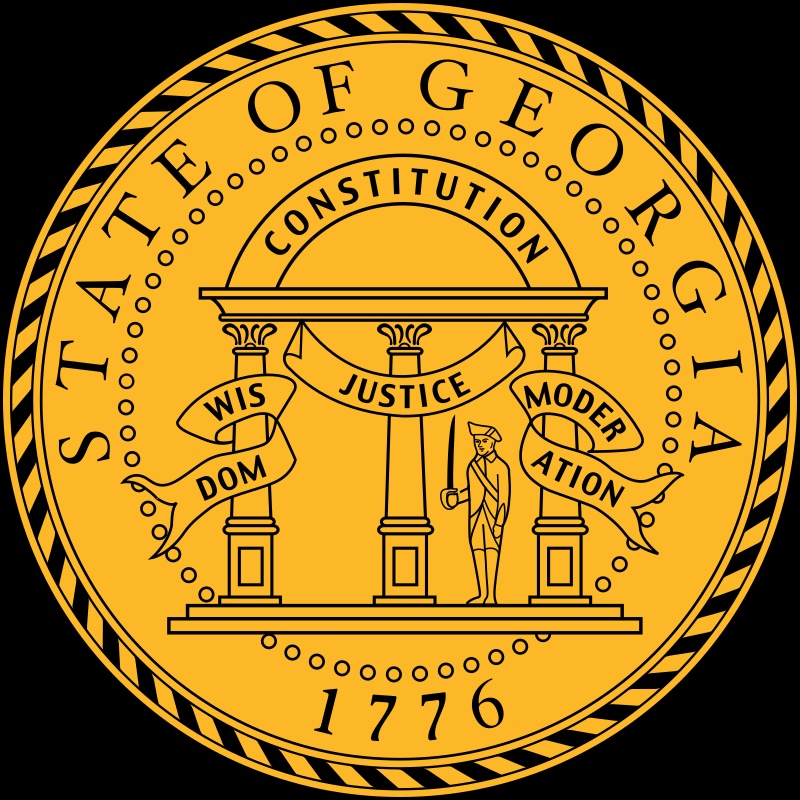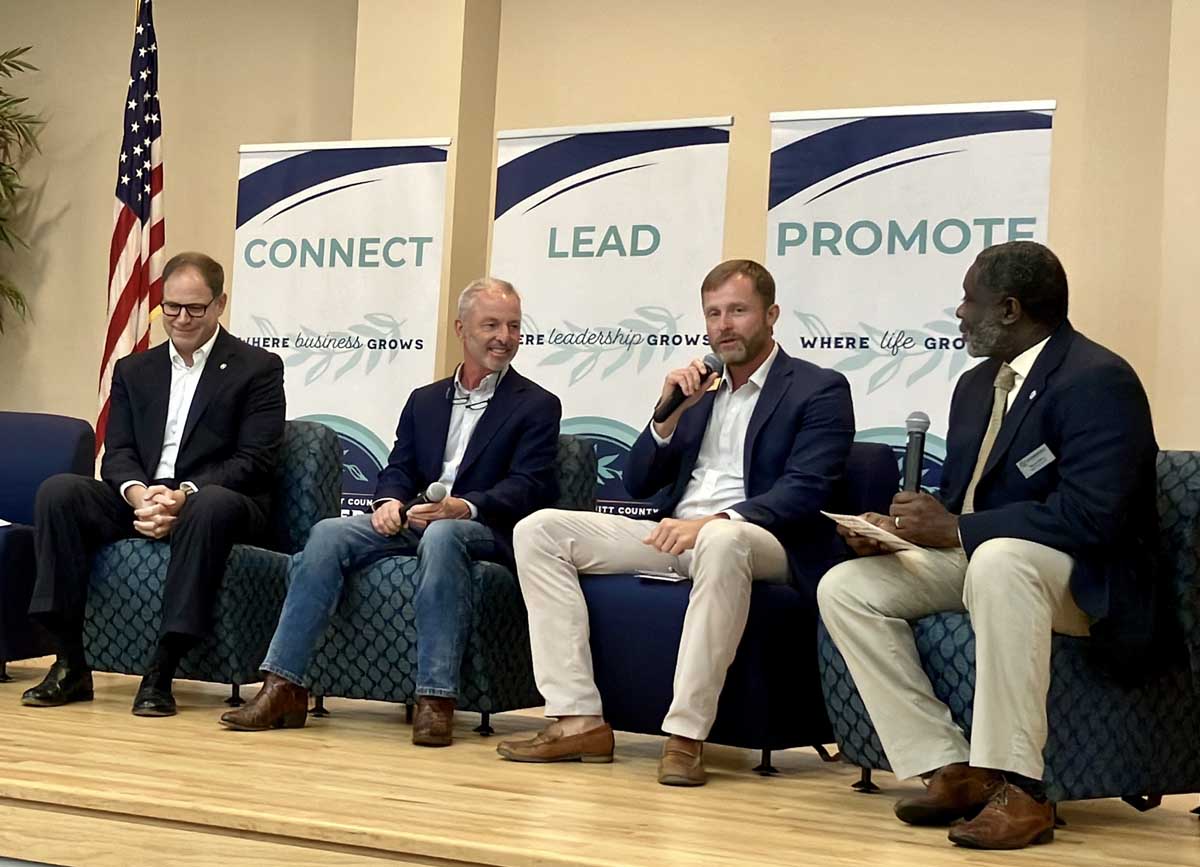Second tort reform
bill passes both houses
Published 3:18 pm Thursday, March 27, 2025
ATLANTA — Gov. Brian Kemp pushed two tort reform bills through the General Assembly this session. Senate Bill 68 passed through both houses on March 21. Now, its companion, Senate Bill 69, has made it through. Both are waiting for Kemp’s signature.
Senate Bill 69 passed with 98 yeas to 69 nays on Thursday. Sen. Sam Watson, R-Moultrie, was one of 27 senators that co-sponsored the bill.
“The “Georgia Courts Access and Consumer Protection Act, SB 69, is a bill to amend code relating to banking and finance, and depositions and discovery under the ‘Georgia Civil Practice Act,’ respectively, so as to regulate third-party litigation financing practices in this state.”
Trending
Rep. James Burchett, who presented the tort reform bill in the House, said, “SB 69 seeks to fill a hole in the code.”
He added that nowhere in the Georgia Code were there any provisions that outlined regulations on litigation financing. He also said the bill sought to put some guardrails and regulation on the third-party litigation financing industry.
Sen. John F. Kennedy, author of the bill, explained, when presenting it to the House Rules Subcommittee, “Third party litigation funding refers to a contingency arrangement between a non-party financier and a party or a potential party to a lawsuit, in exchange for a property interest in the judgement of a case that has an expectation of a return.”
He said third party litigation funding was not a small industry and it was growing annually. He also said there were no consumer protections, in those arrangements, in place for the plaintiffs entering into the arrangements.
“Third party litigation funding is, basically, unregulated gambling on our judicial system,” Kennedy said. “We have clear evidence of foreign involvement, which is yet another concern of why this needs to be addressed.”
He said foreign involvement in the nation’s judicial system was to the point that the US Department of Justice was “highlighting that foreign entities were funding litigation to influence American domestic and foreign policy.”






